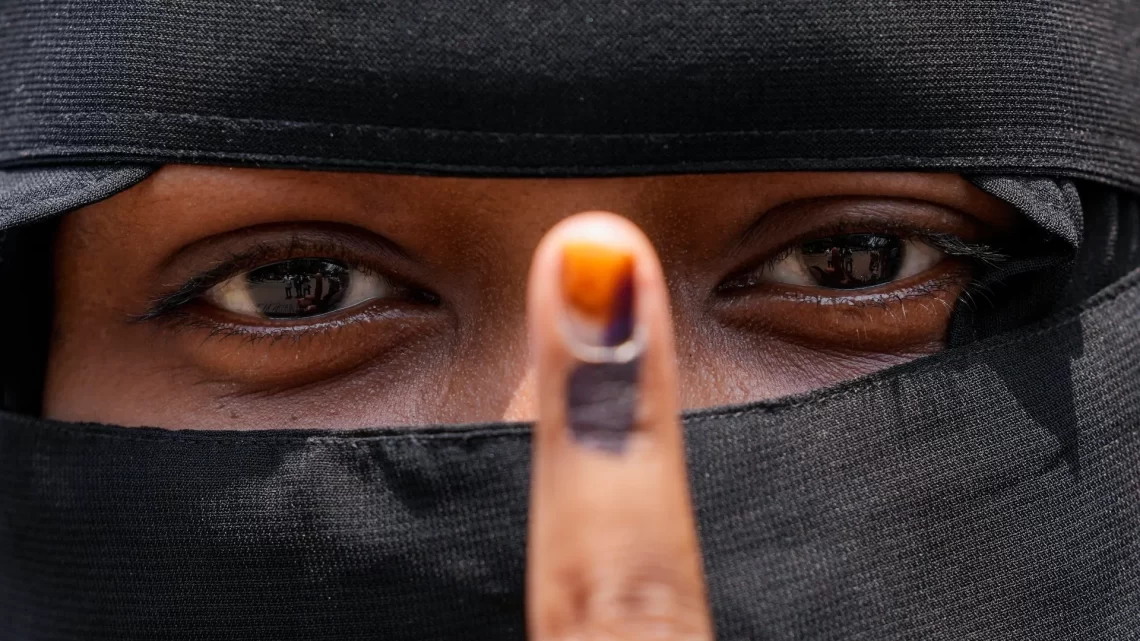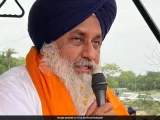
Kashmiris’ Votes Don’t Endorse India’s Policies: Al Jazeera
May 20, 2024The participation of the Kashmiri people in recent elections, as reported by the global news channel Al Jazeera, signifies a profound shift in the region’s political dynamics. This change is driven by complete dissatisfaction with the policies of India’s ruling Bharatiya Janata Party (BJP), particularly following the revocation of Jammu and Kashmir’s special status in August 2019 by the Modi government.
The voter turnout is not an endorsement of India’s policies but rather a manifestation of a dramatically altered political landscape. Traditionally pro-India parties have now become vocal critics of the Indian government. The revocation of the region’s special status, which stripped away its autonomy, has led to widespread discontent. Since then, numerous political leaders and activists have been arrested or jailed, creating a power vacuum.
The report highlights that many voters participated in the election to voice their anger and dissatisfaction with the BJP’s policies, especially its attempts to alter the demographics of the Muslim-majority territory and suppress political dissent. This sentiment is reflected by local politicians and voters who view the election as a platform to express their grievances rather than support for the central government’s actions.
Traditionally pro-India parties, once perceived as aligned with New Delhi, are now being seen in a new light. These parties have begun to criticize the Indian government’s policies, aligning themselves more closely with the people’s concerns. The Hurriyat leaders, who are predominantly imprisoned, did not call for a boycott this time, possibly indicating a strategic shift in response to the current political climate.
The outcome of these elections is being closely monitored as it could signal a shift in Kashmir’s political landscape. The results may influence the future trajectory of the region’s relationship with the Indian government. The increased participation, albeit driven by anger and frustration, suggests a desire among the Kashmiri people to reclaim their political agency and voice their opposition to the BJP’s policies.
To conclude, the recent elections in Kashmir are a testament to the region’s evolving political dynamics. The participation of voters, fueled by discontent and a desire for change, highlights the shifting allegiances and emerging opposition against the ruling BJP.

